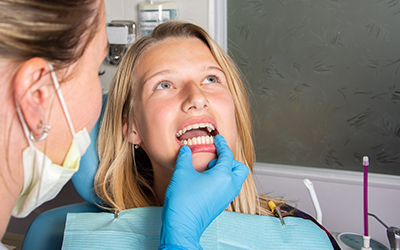Image Credit:
File ID 155017319 | © Fordvika | Dreamstime.com

Oral surgery can sound daunting, but understanding the potential discomfort and knowing what to expect can help ease your worries. Coastal Periodontics, a trusted periodontal disease treatment provider, ensures your experience is as painless as possible. Let’s break down the pain levels involved with common oral surgeries and what you can do to manage discomfort effectively.
Different procedures come with varying levels of discomfort. For example:
Local anesthesia is used for most procedures, including bone graft dental surgery and gum grafting to numb the area. This makes the actual surgery virtually painless. You might feel pressure during the procedure, but it should not be painful. Your periodontist may also offer sedation options for patients with dental anxiety.
Some discomfort after surgery is normal. For example, after dental implants in Portsmouth, patients often report mild to moderate soreness in the area for a few days. This discomfort is similar to the feeling of having a tooth extracted. Typically, over-the-counter pain medications like ibuprofen can alleviate most of the post-surgery pain. Coastal Periodontics ensures you receive clear aftercare instructions to manage any discomfort effectively.
Keeping swelling under control with cold compresses and staying on top of prescribed pain medications can significantly reduce discomfort. In most cases, pain should subside after a few days, allowing you to return to your routine.
In short, discomfort after periodontal disease treatment is inevitable. However, it’s often short-lived and manageable. At Coastal Periodontics, we offer skilled and friendly periodontal dental care using the most advanced techniques to minimize pain. Have questions? Contact us today for